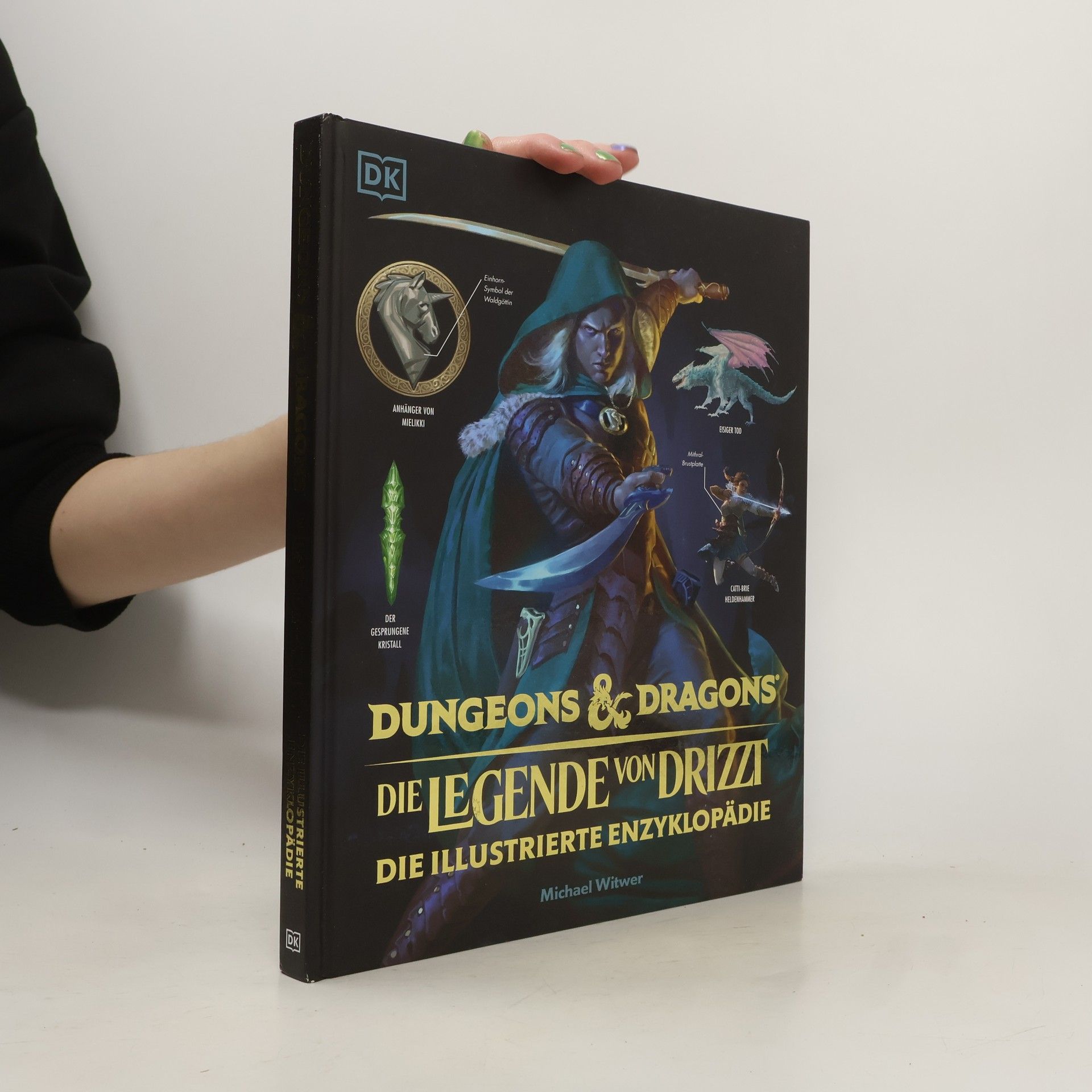Dungeons & Dragons: Rezepte aus dem Multiversum
Das offizielle D&D-Kochbuch
- 216 pages
- 8 hours of reading
Wie bringst du all deine Freunde an einen Tisch? Mit Dungeons & Dragons und gutem Essen natürlich. Wenn Ersteres allein noch nicht recht klappt, überzeugst du sie dank Letzterem mit Sicherheit. Über 75 neue Rezepte aus dem Dungeons-&-Dragons-Multiversum liefern dir Inspiration für köstliche Gerichte, für die du kein Würfelglück brauchst. Denn erfahrene Spieler wissen: Begib dich nie mit leerem Magen auf ein Abenteuer. Dein Weg durch die kulinarischen Weiten führt dich an entlegene Orte wie das Klaffende Portal oder auf den Rock of Bral, nach Solamnia oder ins Feywild. Bei einem Besuch in den Vergessenen Reichen wirst du schnell merken, dass nicht nur die Völker dort, sondern auch ihre Speisen äußerst verschieden sind. In der Stadt der Türen kreuzen sich die Wege des Multiversums und die Einflüsse der Welten spiegeln sich in den Gerichten wider. Mit der großen Auswahl an Speisen regenerierst du unterwegs deine Trefferpunkte und steigerst deinen Wert in Kochen auf bisher unerreichte Höhen. Aber Vorsicht: Bei Verzehr von Knoblauch droht ein Malus von 5 auf Charisma!


